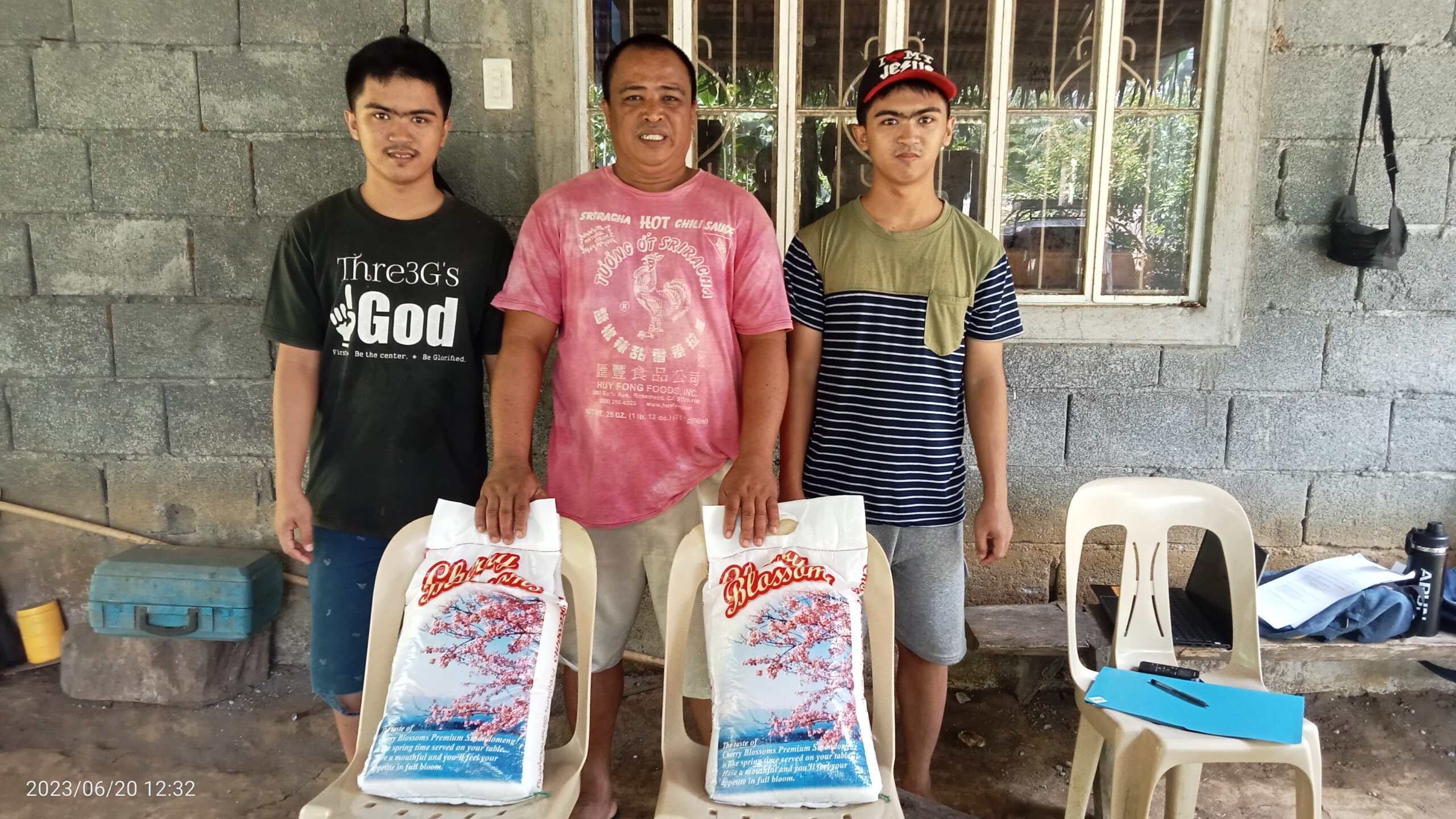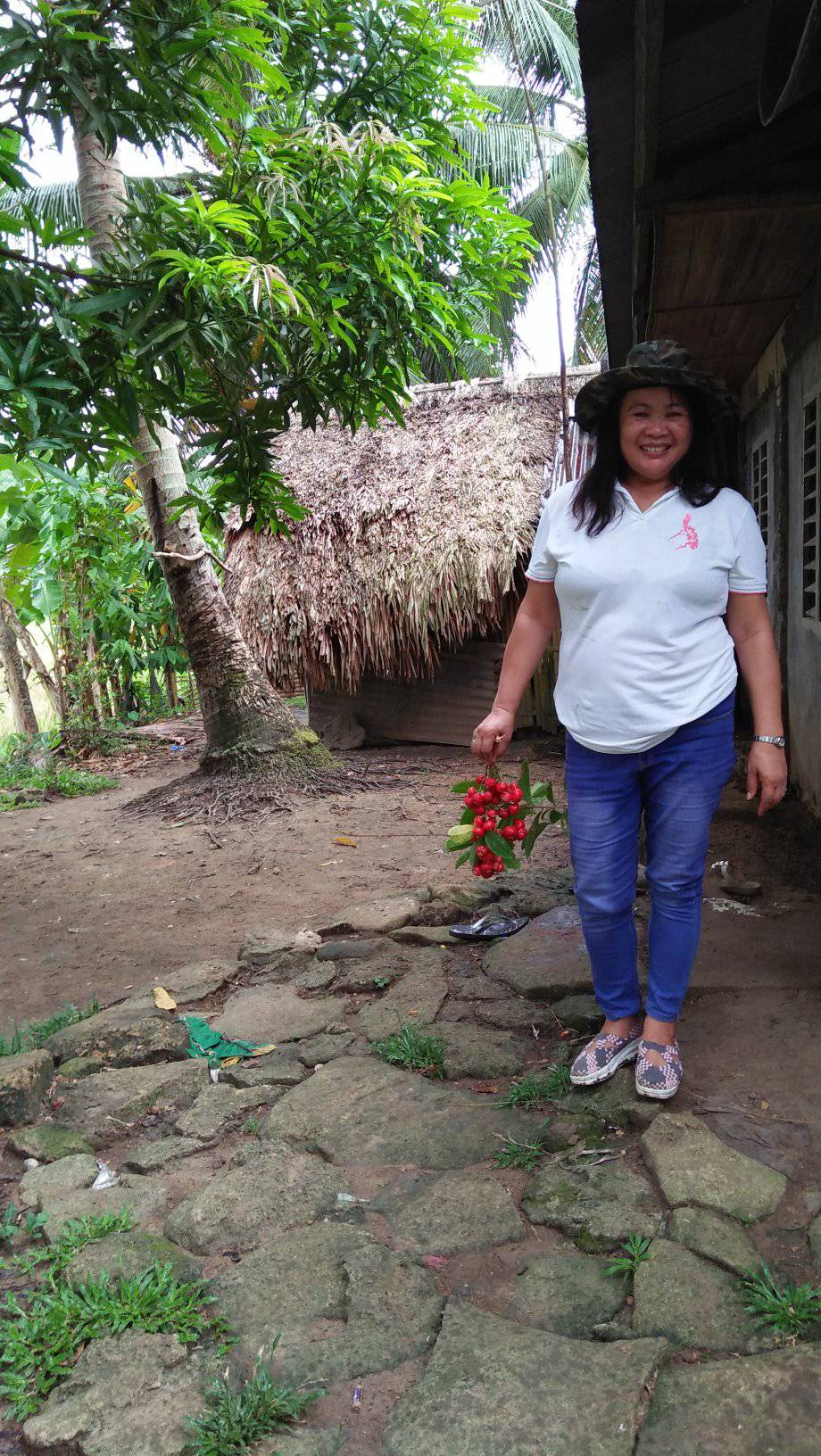Improving Health Care and Enabling Broader Opportunities
Stories | September 1, 2021
Afia’s Story
Through DRRA’s (a CBM partner in Bangladesh) inclusive health and rehabilitation project, Afia has been able to gain access to therapy services to increase her mobility and access education through a government primary school. The project has been working with sub-district government health services to ensure that people with disabilities can access both general health services as well as any specific services they may need in relation to disability.
“The availability of those services brought change to my daughter’s life.” said Afia’s mother.
Born prematurely, Afia’s parents were concerned about her early development. When she was slow to sit, stand and learn to talk, they travelled to Dhaka to access medical assistance. Her parents were sought therapy services, and were shown some basic therapy exercises to use with Afia to manage effects of cerebral palsy and promote her development. When life became busier with a sibling, it was difficult for the family to access further services, particularly given they needed to travel to Dhaka for these services. The family went around seven years without accessing further support with Afia’s communication and mobility skills. Afia’s parents described how, over time, they became increasingly concerned about her future, wondering who would take care of her after they passed away.
“I couldn’t give her the appropriate care. I was afraid of what this girl would do in the future.” Afia’s mother.
The situation changed when Afia’s mother heard of the rehabilitation services being provided through the DRRA project, and Afia began to access therapy services at the DRRA rehabilitation centre located in a nearby Upazila Health Complex.
Afia received regular therapy services 2-3 times a week and her mother began using simple therapy exercises with her at home. Afia gradually learnt to move with a wheelchair and manage her personal care, becoming able to take care of herself and gaining independence.
In addition, the DRRA staff helped Afia’s mother apply for and access cash support for Afia’s treatment from the Department of Social Services, as well as a disability identification card. And support with schooling Afia, who was always interested in studying and even taught herself at home from her sister’s study materials, expressed an early interest in going to school. Afia’s family approached a government primary school, who were initially reluctant to admit Afia, believing her unable to study because of her disabilities. However, the DRRA staff helped Afia’s mother to negotiate Afia’s
enrolment, reminding the school that children with disabilities also have the right to be educated.
Since she could write, Afia started school from year 3. After a 15-day trial period, Afia, turned out to be further advanced in studies than most of the other students and was admitted to the school. The DRRA staff also helped Afia’s family access an education stipend from the Department of Social Services to cover fees. After graduating from year 5 and passing her Primary School Certificate exam, Afia was ready to attend another mainstream
school. Once again, Afia’s parents and DRRA staff had to convince the school to accept Afia in the beginning, because of her disabilities. DRRA staff again helped her parents negotiate her enrolment on a trial basis. Afia once again adapted very well to the school environment, and she continued her education.
“Earlier I used to think who will take care of my disabled daughter after my death. But now I have come to know that many things have changed. I feel
that she is no longer burden for me. She is studying, she can manage to get a job. I think she will be self dependent. She can take care of herself.”
Afia’s mother and teacher reported that she has always been included by her teachers and classmates, who recognise her motivation to learn, and performance at school.
Some adjustments enable Afia’s inclusion in the classroom. Afia sits at the front of the classroom to assist with following the class, given her speech and hearing impairment. Afia communicates her presence at the beginning of the class, or lets the teacher know she has finished an assignment, by raising her hand, and to let the teacher know whether she has understood the class, she writes it in her notebook. The teachers also write notes to support Afia with understanding and internalising lessons. Afia is also able to move around the school building, owing to the ramps and other facilities for accessibility that were provided by the government. This change was the result of effective advocacy between the DRRA and school management committee. Afia can also rely on the support staff at the school when she requires assistance. Today, Afia has made many friends at school and likes to perform dance, and wants to study computers. Her mother is relieved she is now independent.
In Bangladesh, CBM has supported an approach to ensure that poor people with disability get adequate access to health and rehabilitation. The approach involves three main areas: provision of inclusive health and rehabilitation services at a district level; getting people with disabilities active locally; and advocacy to influence government disability policy. Download the report here, outlining the way of working, and includes examples of the impact. The government has now recognised the benefits of this approach, and building on the success of the model, is trialling it in other locations.
CBM acknowledges support by the Australian Government through the Australian NGO Cooperation Program (ANCP).
https://www.cbm.org.au/stories/improving-health-care-and-enabling-broader-opportunities-afias-story
Related Stories

Rise and Thrive: Building resilient communities through inclusive mental health
As the climate crisis accelerates, communities across the Indo-Pacific...

A Father’s Unconditional Love
Allan is a farmer and father of 21-year-old twin brothers, George and Gerald, who together, live in a remote village in the Bicol region...

Estrella’s journey from patient to mental health advocate
Had you asked Estrella from the Philippines what her future looked like five years...
